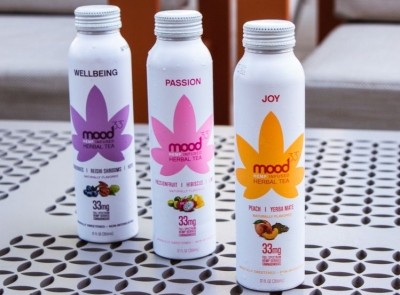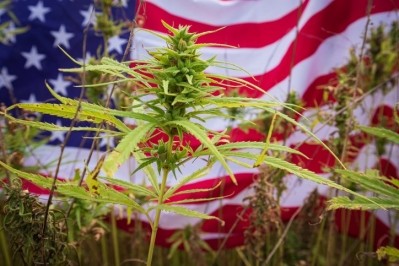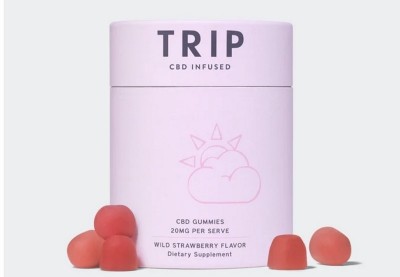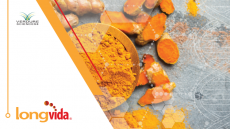AHPA’s updated Hemp Lexicon seeks to shed light on ‘full spectrum’ question

These terms have been used in a variety of ways within the hemp industry and their meanings have been stretched to the point that they have become almost meaningless.
Bringing meaning to terms that have become amorphous
The use of these terms came to the fore when some players in the industry first started to believe that the US Food and Drug Administration was leaning toward viewing CBD isolates as a drug form. Using ‘broad spectrum’ or ‘full spectrum’ nomenclature was seen by some as a way to differentiate CBD products sold as supplements from the approved CBD drug Epidiolex manufactured by GW Pharmaceuticals.
What companies meant by those terms (other than ‘not Epidiolex’) was variable and sometimes difficult to discern, as there is no standard of labeling within the CBD industry. Some labels are comprehensive and list a number of constituents while others merely say ‘hemp extract,’ ‘hemp oil’ or ‘CBD’ on the labels and list a milligram amount. Even there it has been difficult to determine what, say, ‘250 mg’ might mean. The contents of the whole bottle? What’s in a serving?
AHPA in forefront of cannabis movement
AHPA was in the forefront of the cannabis movement, having formed its Cannabis Committee years ago. In revising the recently released Hemp Lexicon, AHPA said it worked with input from the US Hemp Authority Technical Committee. Terms from previous AHPA guidance documents were also added to the lexicon, and AHPA said additional input came from stakeholders’ feedback after the initial version of the lexicon was published in 2021.
The new lexicon notes that the terms broad spectrum and full spectrum are used differently within the hemp industry than they were in the herbal trade generally. As matters stand, they don’t convey full and useful information to consumers.
By law, all hemp-derived products are supposed to be sourced from ‘industrial hemp,’ which is defined as Cannabis sativa that has less than 0.3% THC by dry weight. The updated lexicon includes suggestions for how to differentiate extracts from this material from which the THC has been removed, and those which include this nominal amount of THC.
Tighter definitions
Under the term ‘broad spectrum,’ the lexicon has this to say: “As currently used in the hemp industry, a resinoid hemp extract comprising a wide range of relatively hydrophobic hemp constituents, which has been processed to remove THC such that the THC has been found to be non-detectable by a compliant laboratory using a fit-for-purpose method with a limit of detection of less than 0.01%.”
The lexicon notes that some broad spectrum extracts may include components that have bene added back in such that they don’t reflect the chemical composition of the parent material. Such extracts would properly be termed ‘fortified broad spectrum extracts.’
Under the term ‘full spectrum’ the lexicon says: “As currently most often used in the hemp industry, a resinoid hemp extract comprising a wide range of relatively hydrophobic hemp constituents, including but not limited to any naturally-occurring THC, other cannabinoids, and terpenes, that has been processed without intentional removal of any compounds and has a final THC quantification of not greater than 0.3%”
The lexicon goes on to recommend that this term be replaced with other terms if the extract represents only a narrow portion of the plant’s full chemistry.
“AHPA’s Hemp Lexicon serves as a reference tool for the hemp industry as well as the federal, state, tribal, and other jurisdictions that oversee the ingredient and product category. The definitions in the lexicon can also help consumers better understand the diverse terms used in the description, marketing, and labeling of hemp products,” the organization said in a statement.
To see the full text of the Hemp Lexicon, click here.
















